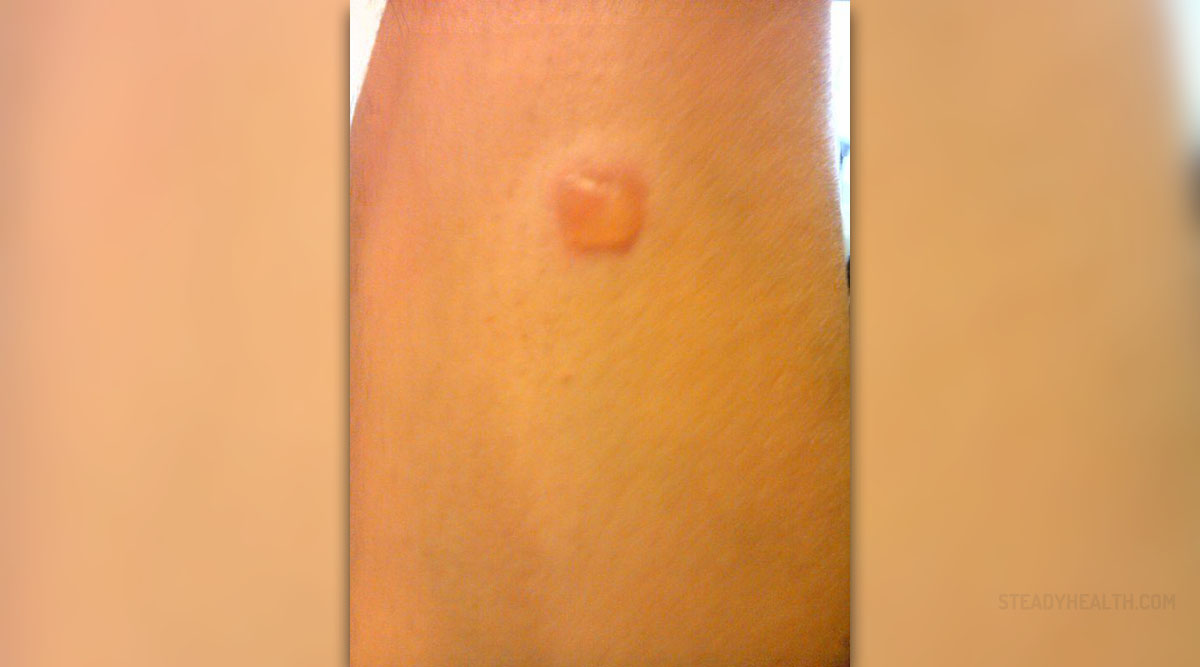
Pyelonephritis (an infection of the kidneys) is a relatively common medical condition. It affects people of all ages and both genders. Women are predominantly affected by pyelonephritis because of anatomical characteristics of their urinary tract. Pregnant women are also susceptible to urinary tract infection, including pyelonephritis. The infection can be quite severe and requires aggressive treatment with potent antibiotics. Still, in pregnant women treatment is a bit modified because they cannot receive all medications and complications of the infection can be more serious.
In majority of cases pyelonephritis in pregnant women occurs between the 5th and 7th month of pregnancy. It is also possible to develop kidney infection soon after delivery. The infection is easily contracted as pregnancy progresses because enlarged uterus presses against the ureters or bladder which allows urine to remain inside these organs and induce infection.Risk Factors
The risk for pyelonephritis in pregnant women increases as the pregnancy progresses. The larger the uterus gets , the greater the chances are for a woman to develop pyelonephritis.
Furthermore, pyelonephritis in this case affects more women who have already had kidney infection or have suffered from repeated UTIs. The risk is also increased in women with high blood sugar, diabetes or those suffering from sickle cell disease (or have the trait). And finally, pregnant women who have frequent sexual intercourse are also more susceptible to this infection.
Symptoms and Signs
All women develop fever accompanied by chills. The pain is of different intensity and is located in one or both sides of the lower back. Pain also occurs while urinating. Frequent urge to urinate additionally points to infection of lower portions of the urinary tract. The urine may be clouded and have unpleasant odor.
Treatment
Each and every pregnant woman suffering from pyelonephritis must be hospitalized. Hospitalization lasts until the infection clears up. In majority of cases women are administered antibiotics intravenously. They also receive intravenous fluids. Urine and blood samples are tested for the particular microorganism that has led to infection. Patient's temperature is frequently monitored and if it drops, it means that antibiotics are working. During hospitalization doctors also perform a sonogram (ultrasound) in order to check the baby and patient's kidneys.
After discharge a woman is advised to continue taking antibiotics for a certain period of time. She is also supposed to drink plenty of fluid (8-10 glasses of and at least 1-2 glasses of cranberry juice per day). She should go urinating every 2-3 hours.
Potential Complications
Acute pyelonephritis during pregnancy may be responsible for premature delivery. Some complications affecting mothers are difficulty breathing, anemia and sepsis. Fortunately, most cases are successfully treated and patients completely recover.

















Your thoughts on this
Loading...